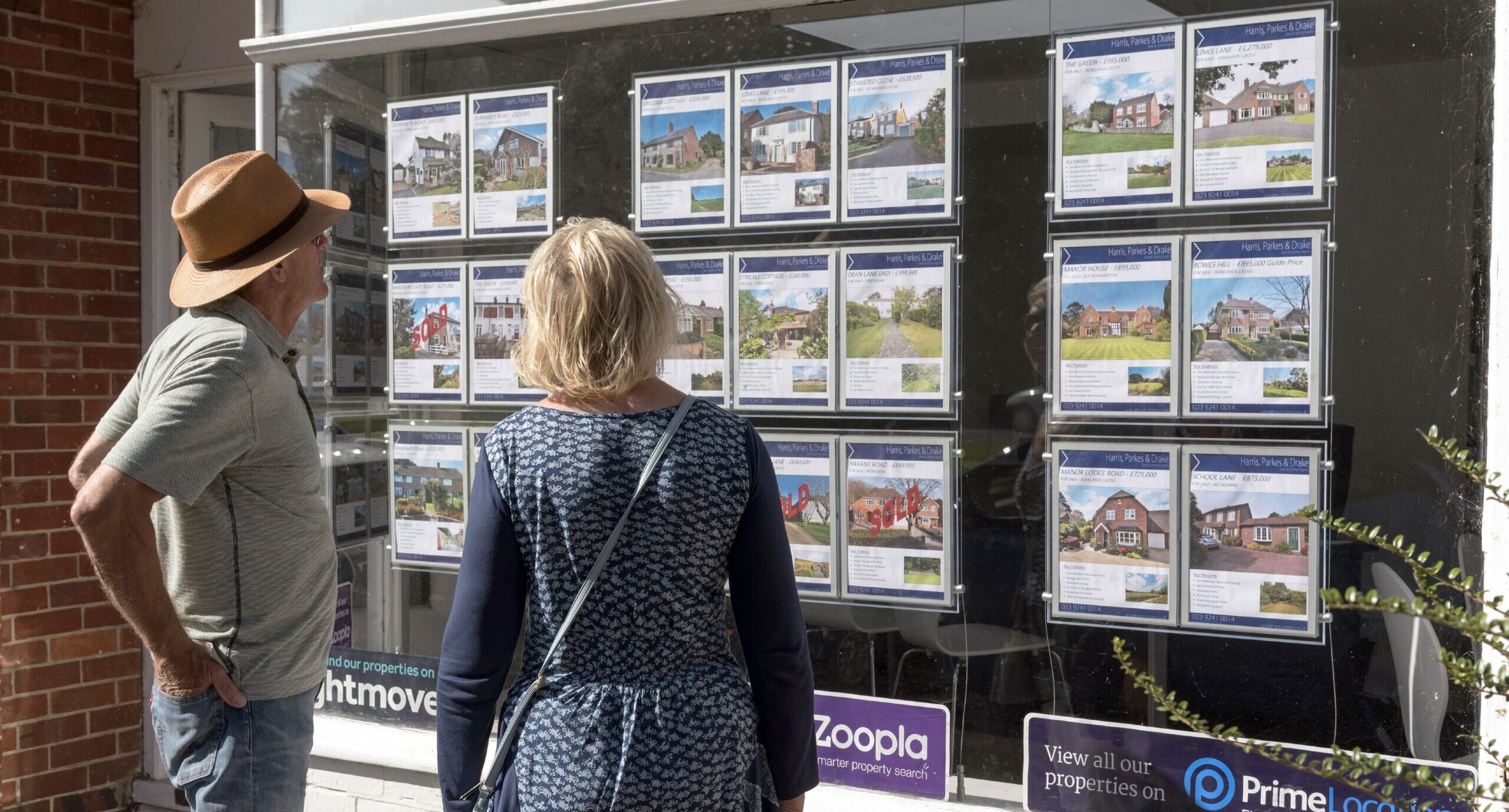When news broke at the end of last week that UK house prices had fallen at the highest rate in 14 years, minds immediately turned to the previous record, in the wake of the global financial crisis. Was the year-on-year drop of 5.3% a harbinger of a coming maelstrom, and were the Bank of England’s interest-rate increases finally making the economy buckle?
Not exactly. Prices are falling and the pace of decline accelerated over the summer, suggesting that there’s more pain to come. Add to this the shakeup underway in commercial real estate that has yet to hit the high street, as well as the impact on property markets of the urban reconfiguration caused by the shift to remote working, and the reckoning for real estate may have only just begun.
Nonetheless, this isn’t 2008. The financial system is in much better shape than it was then, and there isn’t a lot of excess capacity. The empty villages that turned up in places like Florida, Spain and Ireland back in 2008, the legacy of developers gone wild, are a thing of the past. For these reasons, the likelihood of a sharp crash, with declines of 20% or more, is low.
Still, this also isn’t 2009, when the last such contraction occurred. Then, with inflation non-existent and the economy at risk of collapse, central banks were at liberty to drive interest rates into the basement and flood the economy with cash. The result was to drive house prices right back up, something further juiced in the pandemic by the Government’s stamp duty cut.
Today, in contrast, inflation is high and the economy, as revealed in last week’s revision from the Office of National Statistics, while not exactly booming is far from collapse. With inflation so far proving stubbornly resistant to tight monetary policy, there is little reason to expect the Bank of England to deliver cheap money any time soon.
So the funk in property markets is likely to endure. Instead of a crash, what we’ll probably see is a slow burn: steady declines or stagnant prices that will gradually become further eroded by inflation. As I wrote recently, there are good reasons to believe that interest rates will remain elevated for the foreseeable future. Any property investors hoping for a replay of the fallout from the 2008 crash, when central banks rode to the rescue of property markets, are thus likely to be disappointed.
That raises some interesting possibilities. If property investors’ fortunes are turning for the worse, what does this mean for their tenants, not to mention young people trying to clamber onto the property ladder? We’ve seen a bifurcation in real estate in recent months, with sale prices falling but rents surging. That’s because prospective first-time buyers, put off by interest costs, have had to postpone purchases, and in doing so have made the rental sector more crowded than ever.
But if they can suck up the rent, they may just want to bide their time when it comes to buying their own place. Whereas real house prices may continue to decline, real wages are set to improve, gradually raising the bargaining power of buyers. The old rule, of buying early to get on the property ladder, may just give way to a new one: wait until the right deal comes along.











Join the discussion
Join like minded readers that support our journalism by becoming a paid subscriber
To join the discussion in the comments, become a paid subscriber.
Join like minded readers that support our journalism, read unlimited articles and enjoy other subscriber-only benefits.
Subscribe